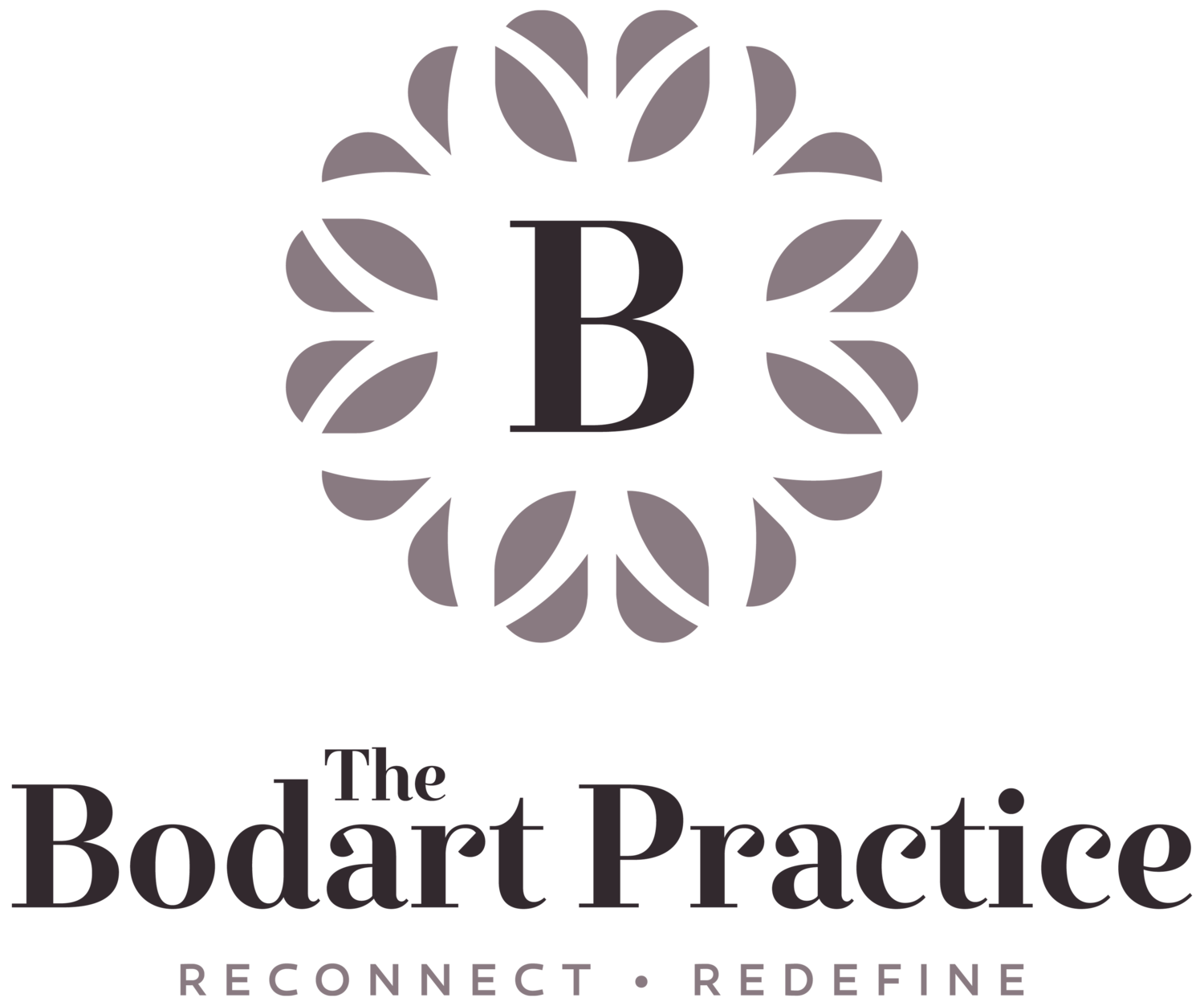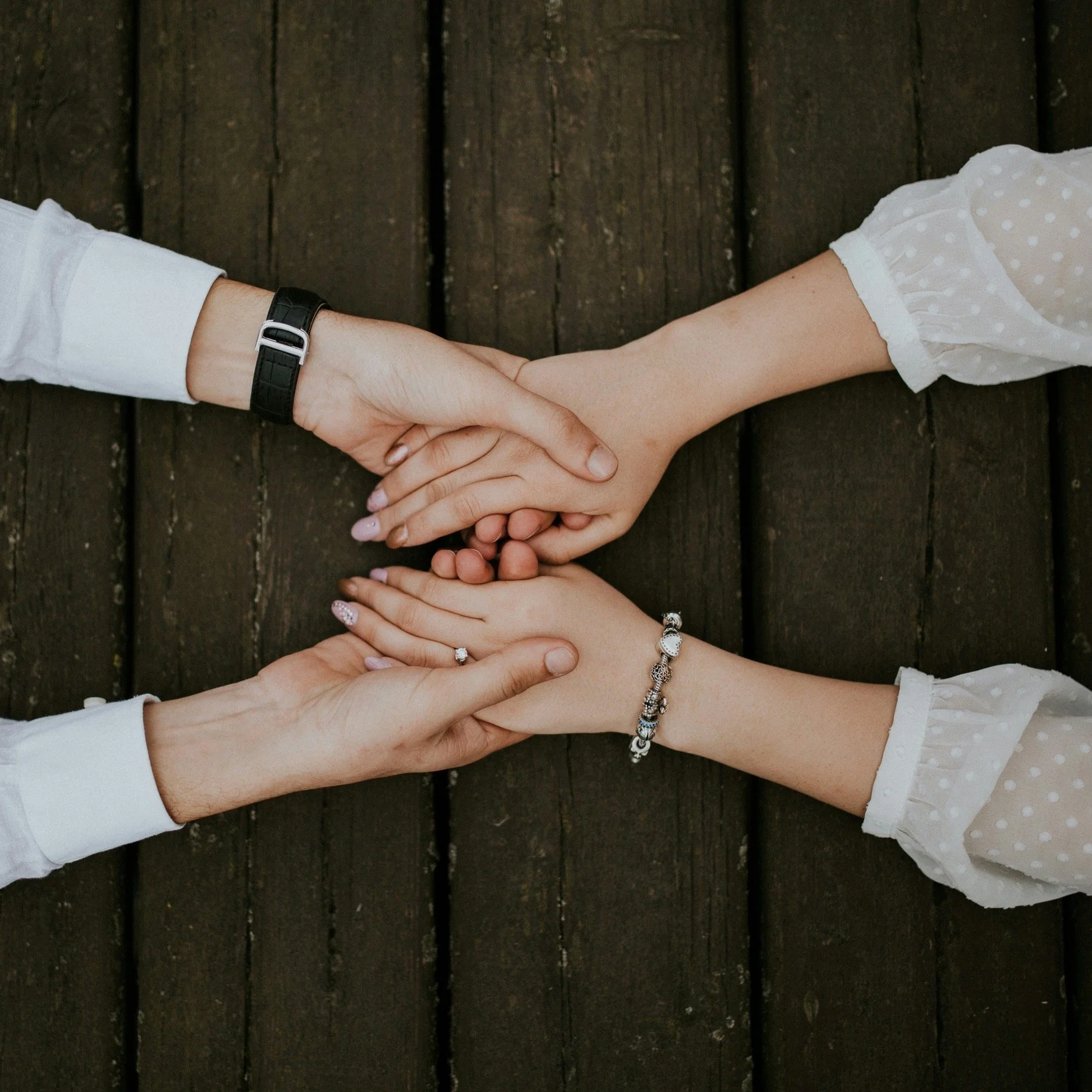Anxiety is a normal and adaptive human emotion but when our fears are greater than our sense of coping, it can cause problems in our lives and relationships. In this blog post we share what anxiety is like in the mind and body and holistic tips of how to manage it.
Journal prompts to take in the good of your year
The end of the year is a good time to reflect on how far we have come. It’s human nature to be biased towards the negative or to only look ahead, especially when the year has been challenging. Yet we run the risk of missing the good of the year; the moments of joy and connection, obstacles overcome, and insights gained. In this blog we share journaling prompts to help take in the good of the year and to start the new year in mindful self-connection.
Managing the winter blues
Winter can have a big impact on our mood and motivation levels, leading to difficulties in focusing, fatigue and sadness. Some people may be diagnosed with Seasonal Affective Disorder (SAD). Here are some of the strategies that you can implement to boost mood, increase motivation and help when you feel the winter blues creeping in.
How to sleep better? Sleep myths and tips
How to deal with loneliness
Loneliness is a normal part of life but it can have a negative impact on our mental and physical health if left unaddressed. In this blog we share what loneliness is, the difference between loneliness and solitude, the benefits of time alone, and what you can do to tackle loneliness in your life. We also share helpful resources and activities.
Finding love online: top tips for online dating
Men's mental health: barriers & solutions
Males accounted for three quarters of suicide deaths in 2020, with the 45–64-year-old age group having the highest suicide rate (ONS, 2020). This is an alarming statistic which raises the question of what gets in the way of men accessing the support they need for their mental health, and how can we do better?
We spoke to two of the male mental health professionals at The Bodart Practice; Victor Reid and Dr James Le Couteur about their experiences of mental health both as males and as practicing mental health professionals. Here’s what they had to say as well as what the research tells us about barriers for men addressing mental health concerns, and potential solutions.
What are the barriers for men to ask for help?
‘…As a man because I still struggle with expressing vulnerability, feelings and emotions and asking for support in some relationships, I can also see the issues with men surrounding mental health and the struggles we have reaching out.’
Research has emphasised many reasons underlying the difficulties for men to ask for help. Men are often socialised into believing asking for help is ‘weak’ and will impact their masculinity. There is a gap in educating men on the importance of asking for help, meaning they may not always have the right tools and mindset to address their mental health needs. Gender-roles play a massive part in how individuals perceive the world but also how they want to come across to others, whether this is in social situations, the workplace, or their everyday behaviours. Based on societal pressures, there are key ideologies about what it means to be a man which can impact help-seeking behaviours. Traditionally, men are seen as strong, breadwinners and protectors, meaning any signs of weakness open the floor to negative consequences. Different cultures and backgrounds can also emphasise these roles to a greater or lesser extent. This is reflected in phrases such as ‘Man up’ or ‘Boys will be boys’, which have a damaging influence on how males, especially at young age, understand their roles in society. This is the gender-role conflict theory which has been found to have links to negative mental health implications and thus, a lack of help-seeking behaviours. Men may struggle to reach out to friends, family, or professionals in order to preserve this social status ingrained within them and suffer in silence instead. Bottling up emotions can be damaging to mental and physical health, leading to increased anxiety, depression, and suicidal thoughts because there may not appear to be a way out.
Opening the door to mental health
‘Imagine you have a delivery arrive and they knock on your door. What would they do next if you ignored them? They would knock again... but louder, as they are trying to get your attention’
James used this analogy to help explain how ignoring emotions doesn’t just make them go away. In the short term we may have succeeded in suppressing them, but sure enough they will return and need our attention and may present themselves in other ways like irritation or physical health complaints.
Gender-roles can lead to men suppressing their emotions, feeling trapped and misunderstood and turning to more risk-taking behaviours to cope. Rather than talk to someone about mental health, men may brush it off and turn to a more ‘masculine’ activity or withdraw further. Research has found men tend to suppress emotions and display more anger-related emotions instead, which can become worse with the influence of substances such as alcohol or drugs.
Experiencing emotions, positive and negative is what makes us human. Acknowledging and labelling feelings as they arise it is the first step in being able to reach out to talk or to ask for help. Being able to notice unhelpful narratives (like ‘emotions are weak’) and to challenge them can also be incredibly helpful - where did this belief or assumption come from? who does it belong to? is that true or helpful for you as an individual? What are the consequences? What could you do instead; when and with who?
Maybe “Man Up” should not in fact mean suppress our emotions and feelings but instead Show Up to them.’
Instead of telling men to be strong by not reaching out, we should be sending the message of being strong by facing problems head on. Face these difficult experiences and emotions by admitting they exist and asking for help in ways that feel safe - with those you can trust or using one of the many helplines or services available.
Emotional education and asking for support
‘I feel educating men on what support means. It's difficult to ask for support if one is not sure or knows what support means. Support can be interpreted as, “you are going to hurt me” ‘
There are many barriers men face when it comes to addressing mental health struggles, and we as a society must do better in creating a safe space for the men in our lives to open up. We need to encourage young boys to let out their emotions in a healthy way creating a habit which will benefit them. This can start from childhood in the way we talk to our children about how they feel. By starting conversations about feelings models that they are important and can be spoken about. There are also lots of great books about feelings that children really love and can be a good starting point to talking.
We need to take apart the traditional perceptions of men and masculinity and instead use more positive characteristics to encourage men to reach out. Efforts must be made to motivate boys and men at all ages and in all cultures to seek help both on an individual and professional level. This is a big task for all of us in society but you can start by reaching out to the men in your life and check in on them. They may be ready to talk to someone but may not know where to begin. Show them you care, you are here to listen and not to judge. Encourage them to seek professional help with someone who can show them how to overcome these struggles and address their emotions.
At The Bodart Practice, we have a diverse, multi-cultural team who are aware of the mental health struggles men face and aim to create a non-judgemental, safe space to encourage vulnerability. If you would like to talk to us about accessing support for yourself or someone you love, then schedule a free call with us today. We look forward to your call. If you would like to speak to a man specifically then put a note on your call booking and we will be happy to arrange that for you
Written by The Bodart Practice with contributions from Dr James Le Couteur & Victor Reid
Celebrating our client's progress in 2021
Our modern lives are busy and demanding. Many of us will experience mental health difficulties at some point in our lives. We do not have to suffer alone. Here is some of the feedback shared with us from our clients in 2021 who courageously reached out for support and trusted that they could work through the difficulties they were facing. With their permission we are sharing it here so that others too can know what’s possible and as a way to celebrate their commitment, hard work, and progress.
Ways to improve your mood with food. Nutrition for mental health.
Kate Delmar-Morgan, registered Nutritionist
We all know that, regardless of our understanding of a holistic approach to mental health that we feel better when we choose to eat well and exercise, perhaps in the fresh air.
Of course, part of this comes from a temporary feeling of virtue which can easily be derailed by a takeaway pizza or delayed onset muscle soreness (DOMS) caused by that first spinning class in more than a year.
But, when it comes to maintaining or regaining mental health, it is now widely accepted that a whole body approach is of vital importance. Nutritional balance is one lifestyle factor that helps to stabilise our moods, improve energy levels, and to feel well in our bodies. According to the Australian and New Zealand College of Psychiatrists Clinical Practice Guidelines, choosing our diet mindfully is “essentially non-negotiable” when it comes to moderating the effects of mood disorders.
Some studies have found a link between healthy brain structures and a healthy “prudent” (everything in moderation) diet whilst others have found substantial links between the health of microbes in our intestines to lower levels of inflammation in our immune systems- something which is known, in turn, to be linked to conditions such as depression and anxiety. The foods we eat (particularly proteins) also support the development of Neurotransmitters, which are essential chemical messengers in the body and brain. When our nutrition is out of balance it exacerbates fatigue and amplifies unwelcome feelings such as guilt when we feel we have gone off track.
In this fast paced world, making good food choices is difficult (and probably impossible) all of the time. Small but sustainable changes to your diet and lifestyle will soon have noticeable effects and make further improvements much more achievable.
Let’s look at some small changes you could make right away as you grab some groceries after work or over the weekend:
Reduce the amount of ultra-high processed food in your diet. Examples of these kinds of foods include chicken nuggets, sweetened breakfast cereals and fizzy drinks. Aim for whole food versions; seasoned chicken, jumbo soaked oats, and water with added fruits and herbs for example.
Take some tips from other regional diets. The people living in certain parts of the world tend to eat fresher food, less based on carbohydrate and red meat protein than we do typically in the West. They also tend to eat less sugary food and fewer processed items. All of these changes could improve gut health and reduce inflammation of the immune system. A Mediterranean Diet should be made up of fruit and vegetables with fish forming the main protein source. The Nordic Diet is rich in based on high intakes of cheap but tasty fish such as herring, mackerel, salmon and trout. Traditionally, Japanese food has sparingly used red meats, oils, fats, and dairy products. Rice or noodles) and a soup are included at every meal, with fish (again) being the main source of protein.
As we said before, don’t expect perfection when adopting any dietary changes- a little bit of what you fancy always does you good! Crave something sweet after dinner? A small amount of dark chocolate (over 70%) can be a great choice and contains antioxidants and minerals.
Don’t go it alone- here at The Bodart Practice we have a qualified nutritionist who can help! If you are interested in enquiring about how improved nutrition and a mindful approach to food might improve your mental health, or you would like to speak to a psychologist or therapist, please contact us for a free consultation. You can also look out on classes page for our next mood-food workshop, packed with useful information and practical tips.















